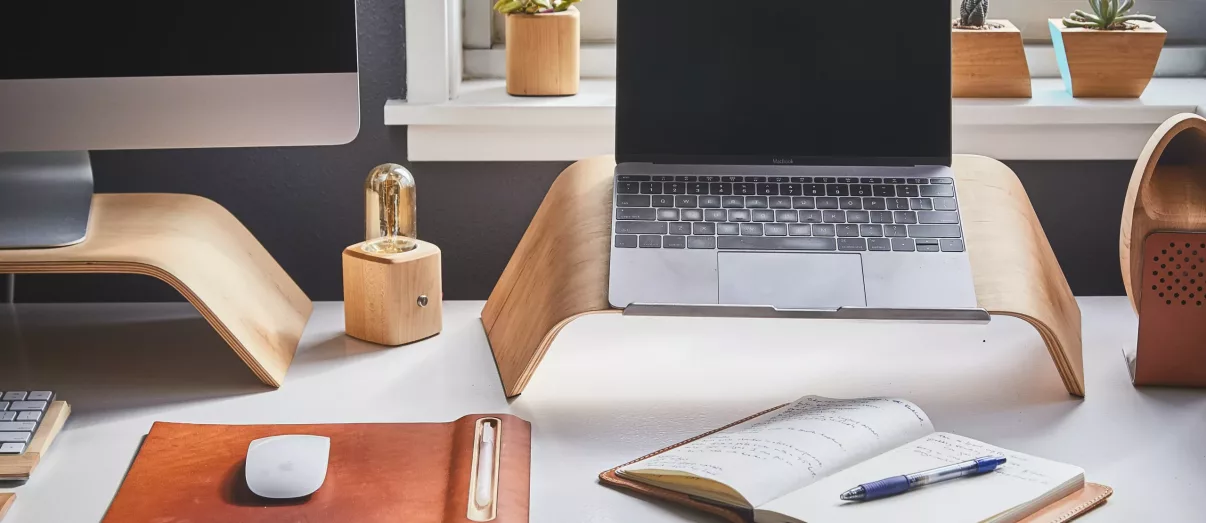The ATO have recently released PCG 2023/1 which outlines the changes to how individuals can claim a tax deduction while working from home.
In previous financial years (prior to 1 July 2022), individuals could use three different methods: either the actual cost method, fixed rate method, or a short-term shortcut method.
Old method for calculating WFH tax deductions
Actual Cost Method
- Individuals who had a separate workspace while working from home could calculate actual expenses incurred at a reasonable work-related percentage.
Fixed Rate Method
- Individuals could make a claim of 52 cents per hour for each hour worked at home.
- This method covers electricity, gas and the decline in value/repairs of any office furniture.
Shortcut Method
- A temporary method introduced during the COVID-19 pandemic allowed a rate of 80 cents per hour worked at home.
- This method covers electricity, gas, electronics, consumables, mobile phone, internet and the decline in value/repairs of any office furniture.
Current methods for calculating WFH deductions
From 1 July 2022, the ATO only allows individuals to use the actual expenses or a new fixed rate method.
New Fixed Rate Method
The fixed rate method has increased from 52 cents to 67 cents and now includes the following items as well as new eligibility requirements.
- Electricity and gas
- Phone and internet usage
- Computer consumables
- Stationery
This method allows taxpayers to separately claim the work-related portion of the decline in value of depreciating assets such as furniture and technology. i.e. office chairs or laptops.
The New Eligibility requirements:
Work from home
- An individual must work from home and complete tasks that are substantive and a normal function of their work.
Must incur deductible additional expenses:
- Individuals must have incurred one of the expenses included in the items covered by the fixed rate method.
Record Keeping:
- From 1 July 2022 to 28 February 2023 taxpayers can keep a representative record of the total number of hours worked from home.
- From 1 March 2023, taxpayers must keep a record of the actual hours worked from home.
- You must have one document to prove additional running expenses were incurred due to working from home, for example, an internet or electricity bill.
Actual Cost Method
The actual expenses method items have not changed and an individual can still claim a proportion of the following expenses:
- The decline in value of depreciating assets – for example, home office furniture (desk, chair) and furnishings, phones and computers, laptops or similar devices. These can be depreciated at a reasonable work-related usage percentage.
- Electricity and gas (energy expenses) for heating, cooling and lighting.
- Home and mobile phone, data and internet expenses.
- Stationery and computer consumables, such as printer ink and paper.
- Cleaning your dedicated home office.
The changes to the actual expenses method are that you can only claim for additional expenses you incur by working from home. As an example, if you were working from home but had other family members at home during this time, then the heating and cooling would not be deductible because you’re not using the heating and cooling solely because you’re working from home, it would already be on due to others being there at the time.
When taking into consideration the additional expenses to be claimed while working from home, the ATO now requires you to take into account the part of the house you are working from and the appliances used within the house while working.
In order to claim electricity and gas you have to work out the total cost for each specific appliance. This is done by calculating:
(Cost per kilowatt hour of the appliance) x (Cost per kilowatt hour on energy bill) x (Number of hours used for work purposes) = total cost for specific appliance
To claim the electricity and gas expenses for working from home, you would need to repeat this calculation for each individual appliance used for work purposes and then sum up the total costs.
We recommend you seek professional tax advice surrounding your specific circumstances to claim work from home deductions as the rules can be complex to calculate accurately. If you’d like to discuss this with a DPM Tax Consultant, click here to book an obligation free initial consultation.
Disclaimer: * The information contained in this site is general and is not intended to serve as advice as your personal circumstances have not been considered. DPM Financial Services Group recommends you obtain personal advice concerning specific matters before making a decision.





